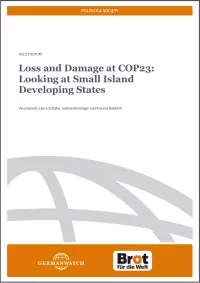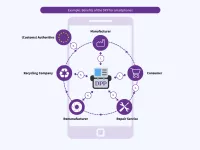
Digitalisierung

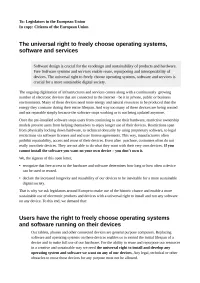
The European Union is in the process of redefining the ecodesign criteria for products in several legislative proposals. Together with 37 European organisations and companies, Germanwatch publishes an open letter calling on legislators in the EU to make use of the historic chance by introducing the universal right to install any software on any device, including full access to hardware.

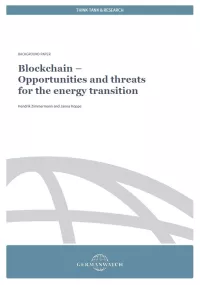
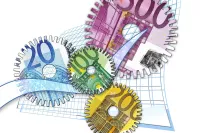
In our globalized world public policy making and society at large face challenges like climate change and financial crises that are global, shared worldwide and tightly connected with policies across different sectors. Solutions for addressing such highly interconnected challenges in a ‘system of systems’ world, tend to address only subsystems and so fail to achieve systemic change and anticipate impact and unintended consequences of public action. Pursuing the necessity of informing the policy decision process and proactively sensing possible problems concerning global matters we are proposing a novel computational platform called SYMPHONY that offers a solution for designing and testing policies and regulatory measures. Our aim is to offer policy modellers and policy makers tools that will support them to make decisions which will prevent and mitigate economic and financial crises as well as foster an economically and ecologically sustainable growth path.

